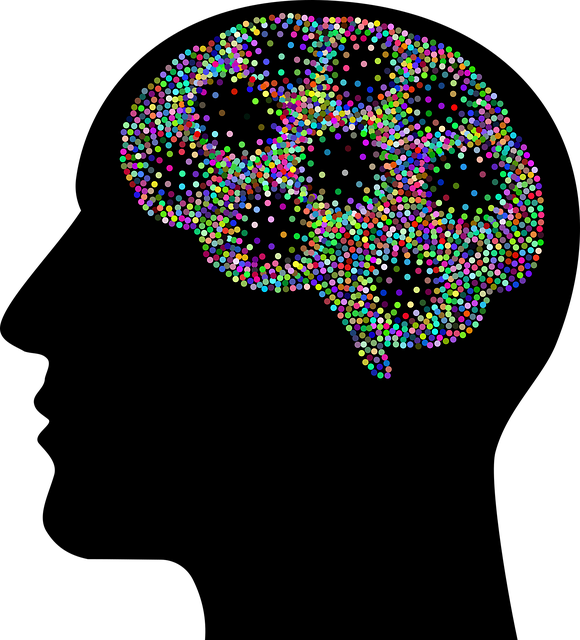Mental health advocacy in Northglenn has embraced digital transformation through Northglenn Online Therapy, making professional care more accessible by eliminating geographical barriers. This approach allows individuals to engage in therapy from home, offering confidential spaces for stress management and self-awareness exercises. While online therapy democratizes access, challenges like the digital divide and isolation require solutions such as bridging the gap and integrating social components. Complementary initiatives, like a mental wellness podcast series, can further enhance care accessibility and quality in Northglenn.
Mental health advocacy initiatives play a pivotal role in creating supportive communities, especially in diverse towns like Northglenn. This article explores strategies and benefits of mental health advocacy, with a specific focus on Northglenn online therapy as a game-changer. We delve into how digital platforms enhance accessibility to care, while also discussing challenges and community support efforts. Understanding mental health advocacy is crucial for fostering well-being in Northglenn and beyond.
- Understanding Mental Health Advocacy: The Role of Online Therapy in Northglenn
- Strategies for Effective Mental Health Advocacy Initiatives
- Benefits and Challenges of Online Therapy: A Focus on Northglenn Community Support
Understanding Mental Health Advocacy: The Role of Online Therapy in Northglenn

Mental health advocacy initiatives play a pivotal role in fostering open conversations about psychological well-being and breaking down societal barriers. In Northglenn, online therapy has emerged as a game-changer, making professional support more accessible than ever before. This digital approach to mental healthcare allows individuals to seek assistance from the comfort of their homes, removing geographical constraints often associated with traditional therapy sessions.
The integration of online therapy in Northglenn offers numerous benefits, especially for those who may face challenges in accessing in-person services. It provides a safe and confidential space for clients to explore their emotional well-being promotion techniques, engage in stress management strategies, and participate in self-awareness exercises. Through video conferencing, clients can connect with licensed therapists, receiving personalized guidance and support tailored to their unique needs. This innovative practice has the potential to revolutionize mental health care, making it more inclusive and convenient for the community.
Strategies for Effective Mental Health Advocacy Initiatives

Mental health advocacy initiatives require a multi-faceted approach to ensure their effectiveness. Firstly, Northglenn Online Therapy platforms can democratize access to mental healthcare services by breaking down geographical barriers. This is particularly crucial in areas where professional therapists are scarce, enabling individuals to receive support from the comfort of their homes. Secondly, integrating Emotional Regulation techniques into advocacy programs can empower individuals to manage their mental health proactively.
Additionally, Risk Management Planning for Mental Health Professionals is essential to safeguard both practitioners and clients. Implementing Burnout Prevention Strategies for Healthcare Providers within these initiatives ensures sustained quality care. By fostering a supportive environment that prioritizes therapists’ well-being, advocacy programs can enhance the overall mental healthcare ecosystem, ultimately benefiting those they serve.
Benefits and Challenges of Online Therapy: A Focus on Northglenn Community Support

In Northglenn, the rise of online therapy has brought both opportunities and challenges for mental health advocacy initiatives. One significant advantage is increased accessibility; individuals who may have struggled to attend in-person sessions due to geographical constraints, busy schedules, or social anxiety can now access therapeutic support from the comfort of their homes. This is particularly beneficial for remote areas within Northglenn where in-person services might be limited. Online therapy also offers flexibility, allowing clients to maintain a consistent routine and choose treatment times that fit their personal needs.
However, challenges exist. The digital divide, where some members of the Northglenn community lack reliable internet access or digital literacy, can create barriers to care. Furthermore, while online platforms provide anonymity, they might also breed feelings of isolation for clients who benefit from the group dynamic and social interaction often fostered in traditional therapy settings. Addressing these issues requires a multifaceted approach, including initiatives to bridge the digital divide and integrate social components into online therapy, such as virtual support groups or interactive features designed to foster connections among users. Additionally, Northglenn’s mental wellness podcast series production can complement online therapy by offering accessible stress reduction methods and burnout prevention techniques tailored to diverse communities.
Mental health advocacy initiatives, such as those involving Northglenn online therapy, play a pivotal role in fostering community support and improving access to care. By understanding the unique benefits and challenges of remote therapy, we can develop effective strategies that reach more individuals in need. Through collaborative efforts and innovative solutions, Northglenn and similar communities can create a tapestry of support, ensuring better mental health outcomes for all.














